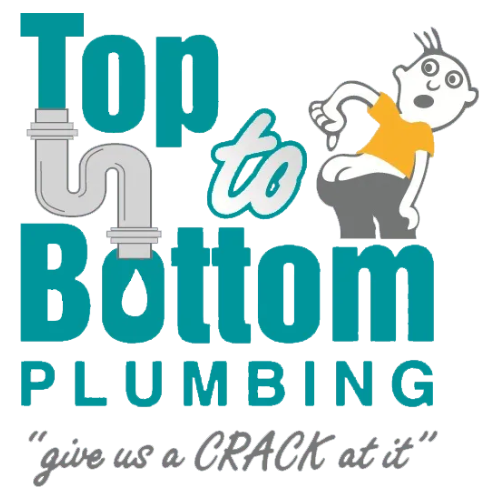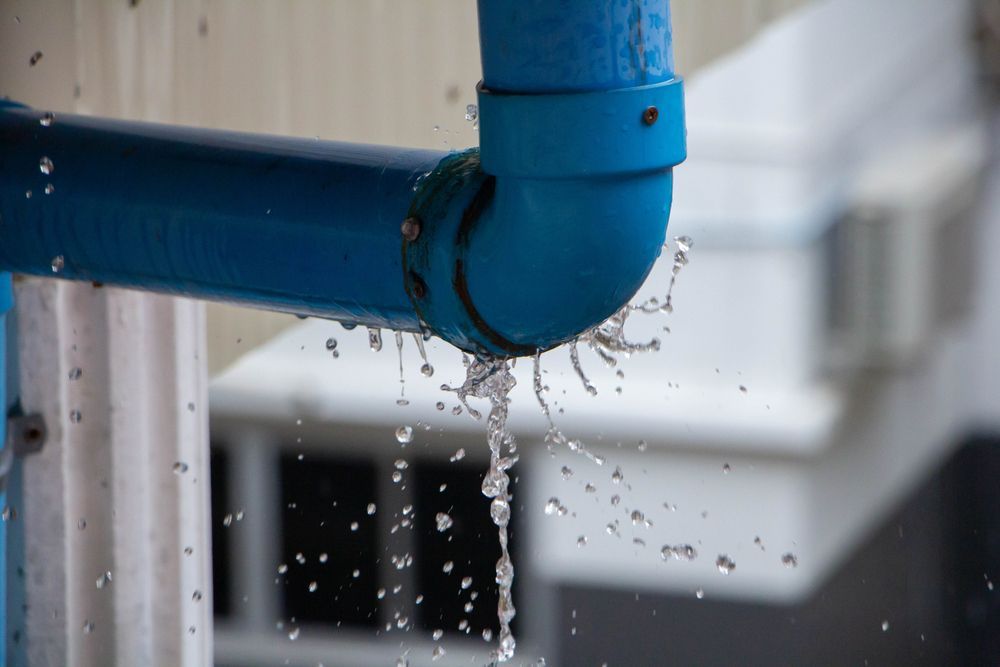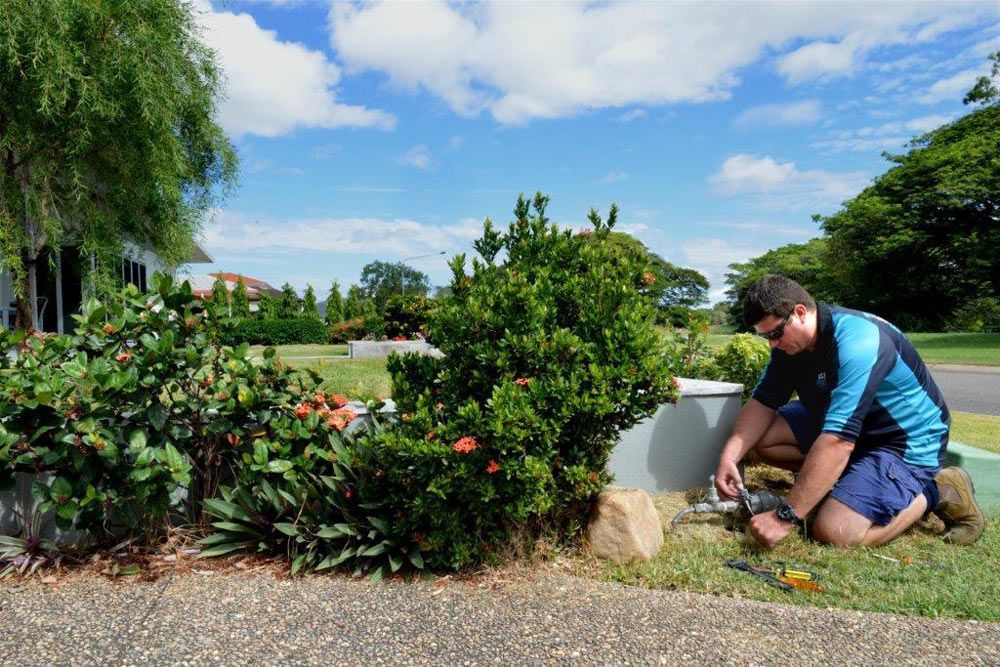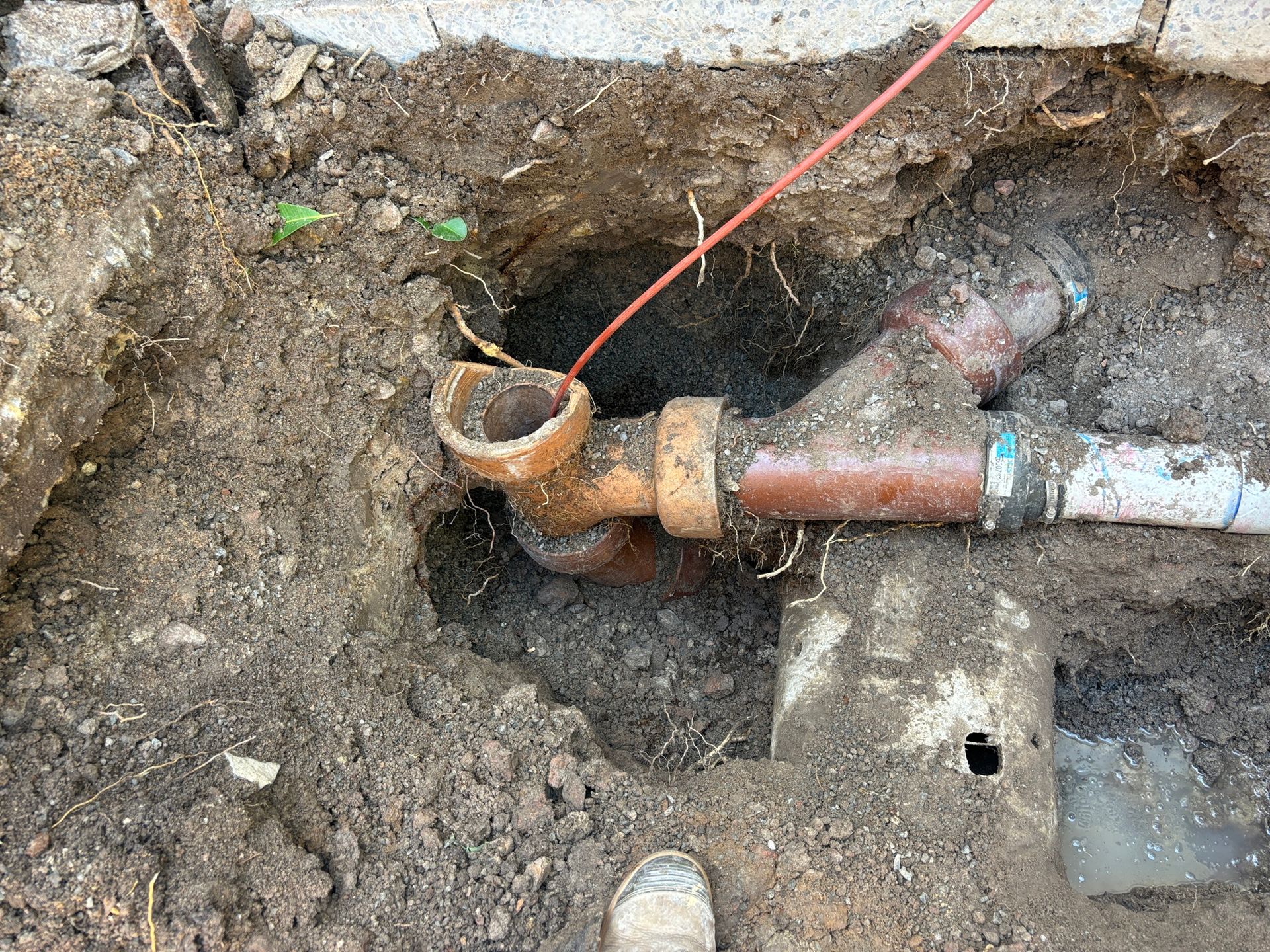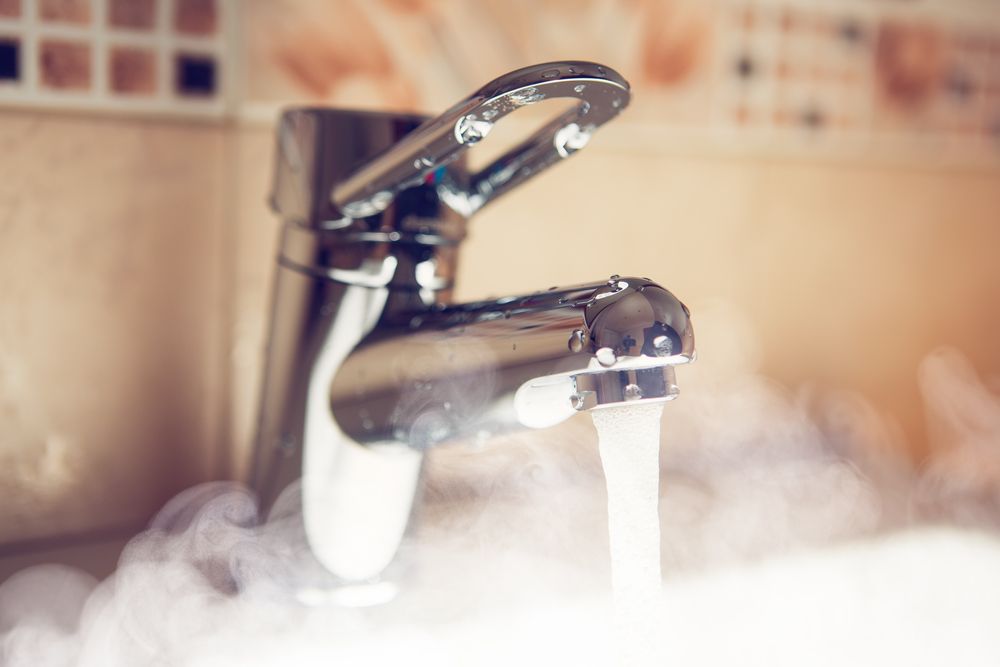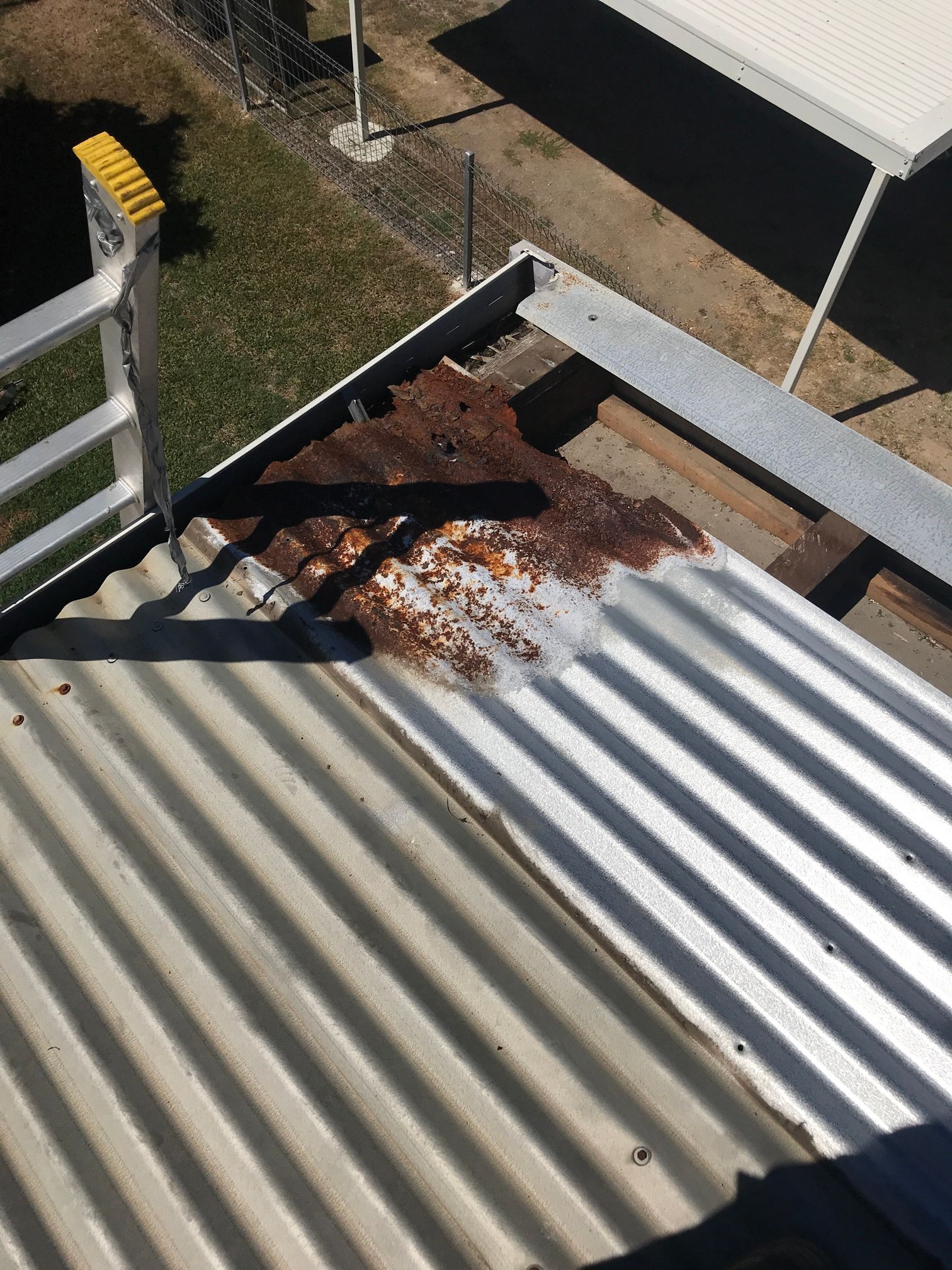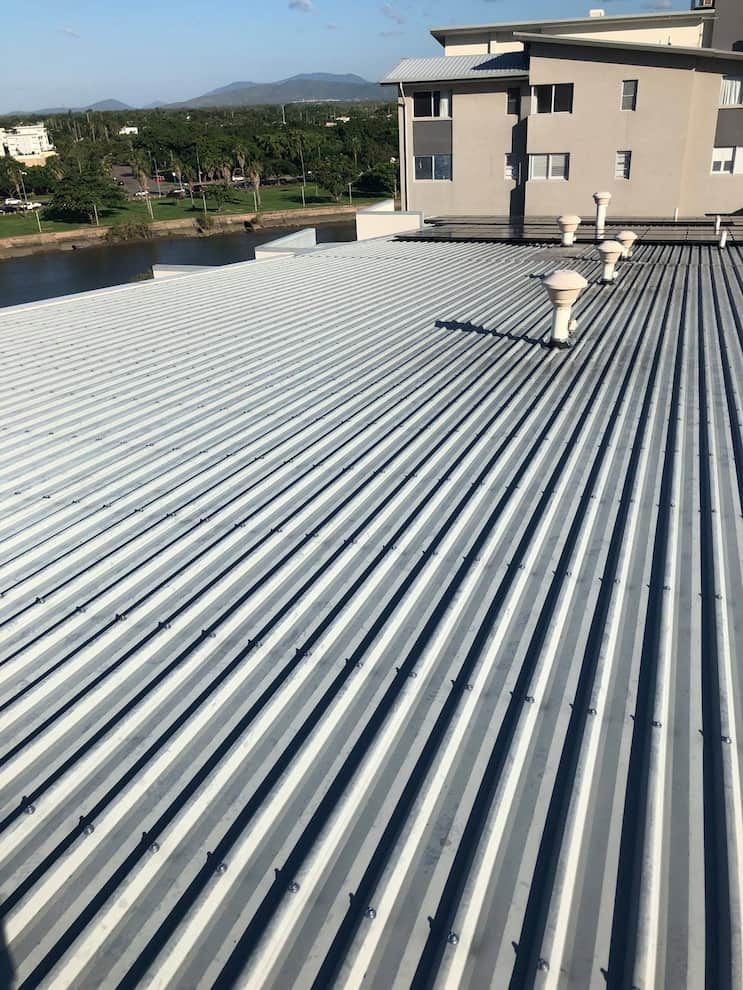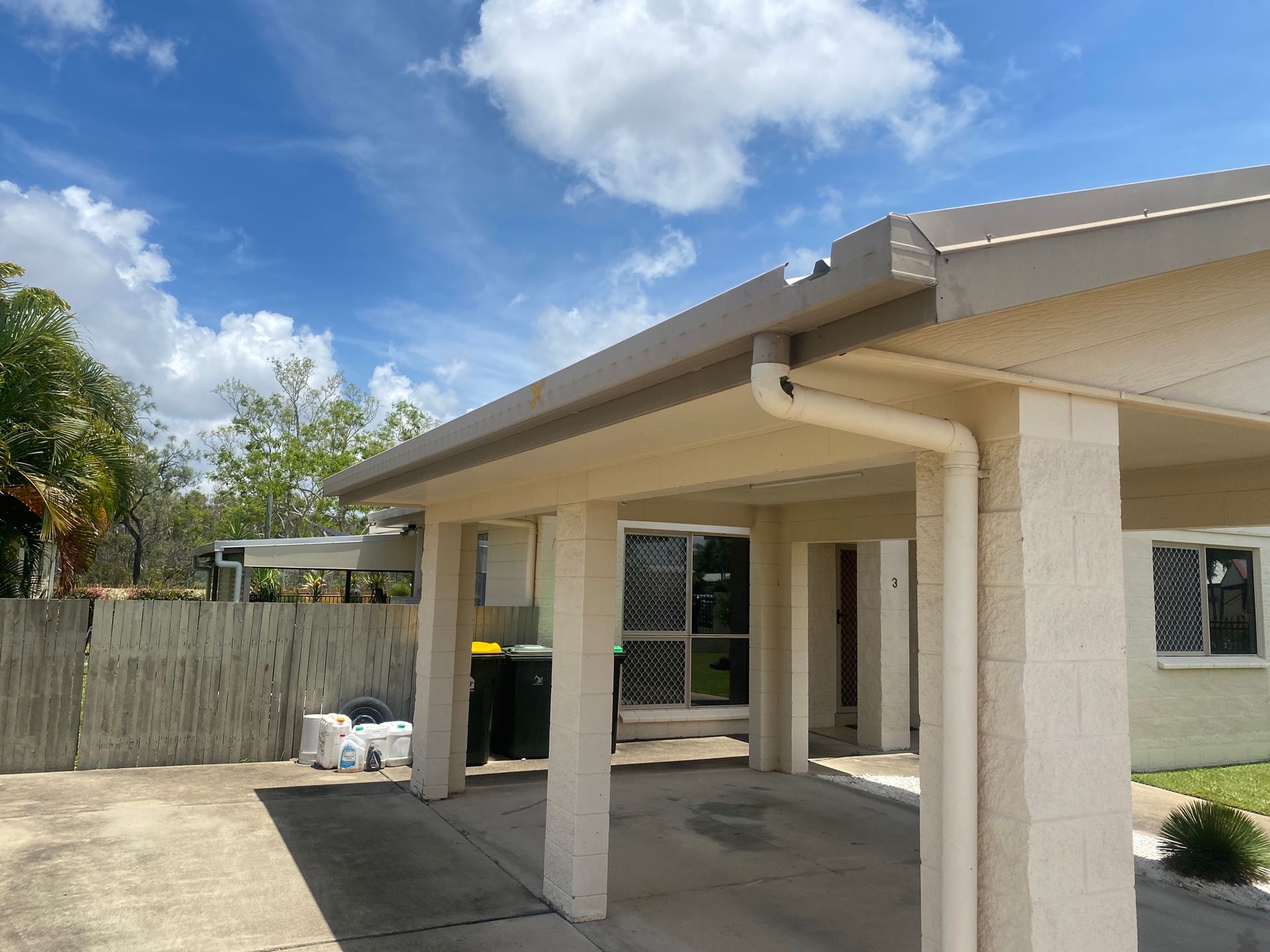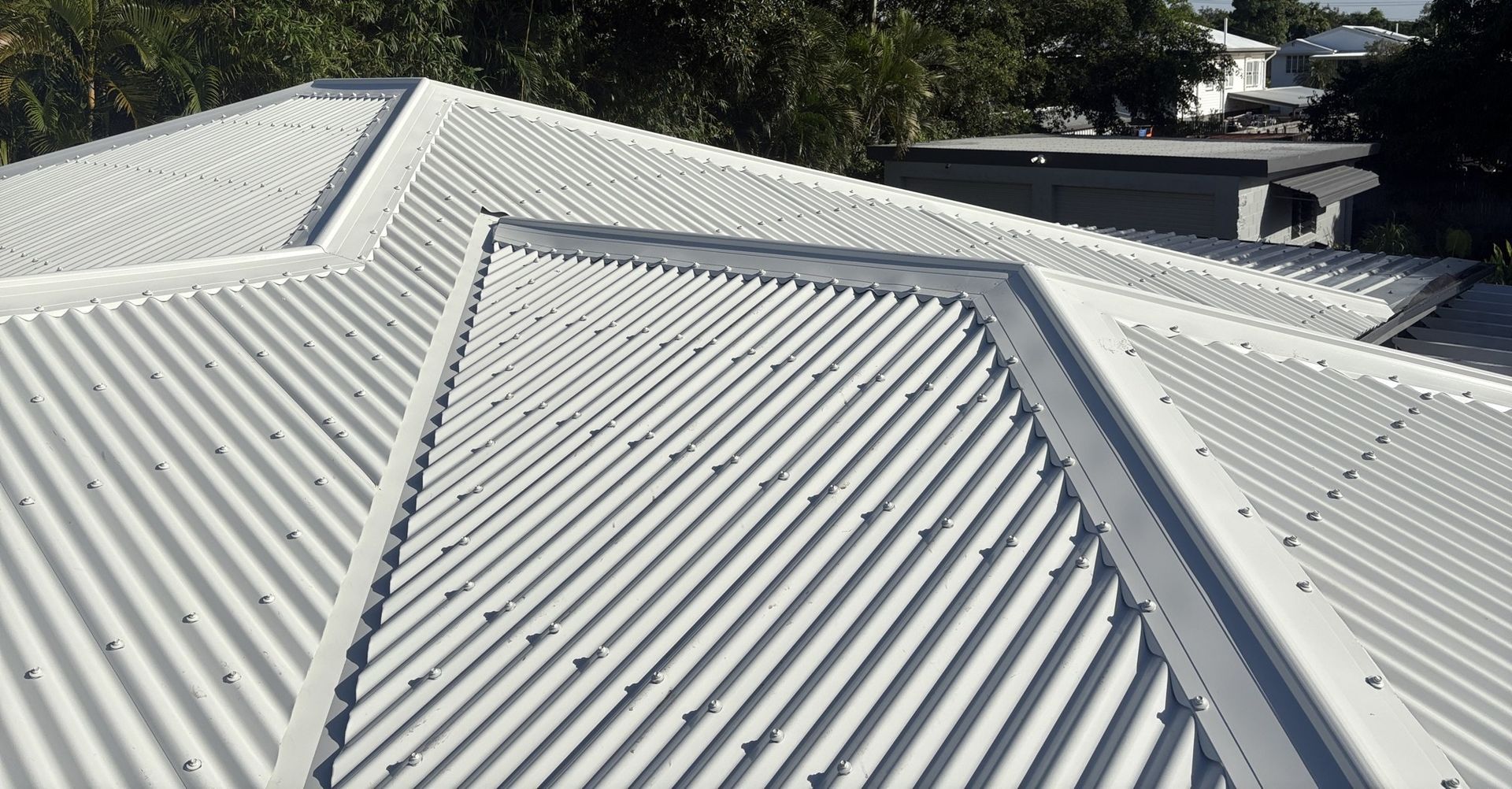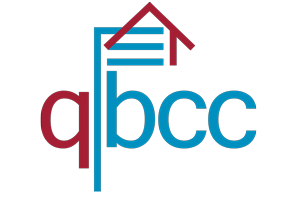The Impact Of Plumbing Maintenance On Commercial Building Compliance & Safety
In the world of commercial property management, plumbing maintenance is often overlooked—until something goes wrong. A single leak, a blocked drain, or an ageing pipeline can lead to costly repairs, regulatory issues, and potential safety hazards. For business owners and property managers, ensuring that plumbing systems remain in peak condition is crucial for efficiency and compliance with legal and safety standards.
With expert commercial plumbing maintenance in Townsville, businesses can mitigate risks, enhance operational efficiency, and create a safer environment. In this blog, we’ll explore why regular plumbing maintenance is necessary for commercial buildings and how it helps ensure compliance, safety, and cost-effectiveness.
Ensuring Compliance with Commercial Plumbing Regulations
Commercial buildings must meet stringent plumbing codes and regulations to ensure the health and safety of occupants. Failure to comply can result in hefty fines, legal action, and even business closure. Regular maintenance ensures that plumbing systems meet these requirements.
Key areas of compliance:
- Backflow prevention: Ensuring that contaminated water does not mix with the clean water supply is crucial. Regular testing and maintenance of backflow prevention devices keep businesses compliant.
- Legionella control: Hot water systems must be properly maintained to prevent the growth of Legionella bacteria, which can cause serious respiratory infections.
- Wastewater & drainage management: Commercial properties must follow environmental laws regarding waste disposal. Regular inspections and cleaning of sewer lines prevent blockages and environmental contamination.
Working with professional plumbers in Townsville allows business owners to stay ahead of compliance requirements and avoid costly penalties.
Reducing the Risk of Plumbing-Related Hazards
Ignoring plumbing maintenance can lead to health and safety hazards, endangering employees and customers. Faulty plumbing systems can contribute to slip-and-fall accidents, gas leaks, and water contamination.
Potential hazards prevented by regular maintenance:
- Leak detection: Even a small leak can lead to mould growth and structural damage if left unchecked.
- Gas & water safety: Regular inspections help prevent gas leaks, which can cause fires or carbon monoxide poisoning.
- Drainage issues: Blocked drains can cause sewage backups, leading to health risks and unpleasant working environments.
Scheduled plumbing inspections help identify and rectify these issues before they become major liabilities.
Extending the Lifespan of Plumbing Systems
Plumbing systems in commercial buildings experience significant wear and tear due to high usage. Without regular maintenance, pipes corrode, fixtures degrade, and water heaters fail prematurely. Preventative care extends the lifespan of these systems and reduces the need for costly replacements.
Long-term benefits of routine maintenance:
- Preventing corrosion: Regular pipe inspections help detect rust and mineral buildup before they lead to leaks.
- Optimising hot water systems: Flushing and servicing commercial water heaters improves efficiency and prevents breakdowns.
- Keeping drains clear: Routine drain cleaning prevents severe blockages resulting in burst pipes or water damage.
A well-maintained plumbing system is an investment that saves businesses money in the long run.
Preventing Costly Emergency Repairs
Plumbing emergencies often lead to unexpected expenses and business disruptions. Sudden pipe bursts, overflowing toilets, or sewer backups can halt operations and cause significant financial losses.
How maintenance minimises emergency repairs:
- Identifying minor leaks before they escalate
- Checking for potential pipe blockages that could cause sudden failures
- Inspecting sewer lines and grease traps in commercial kitchens
By implementing a proactive plumbing maintenance plan, business owners can avoid costly downtime and emergency service calls.
Enhancing Water Efficiency & Sustainability
Water efficiency is not just an environmental concern—it’s also a financial one. Many commercial buildings waste thousands of litres of water yearly due to leaks, outdated fixtures, and inefficient systems. Regular plumbing maintenance helps businesses reduce water waste and lower utility bills.
Key maintenance strategies for water efficiency:
- Leak detection & repair: A single leaking tap can waste hundreds of litres of water annually.
- Upgrading to water-efficient fixtures: Installing low-flow toilets and sensor taps significantly reduces consumption.
- Monitoring water pressure: High water pressure can strain pipes and unnecessarily increase water usage.
Sustainable plumbing solutions save money and help businesses meet environmental responsibility goals.
Improving Business Reputation & Tenant Satisfaction
For businesses, commercial plumbing maintenance is more than just an operational necessity—it plays a role in customer and tenant satisfaction. Poor plumbing can result in unpleasant odours, water damage, and unsanitary conditions that drive away tenants, customers, and employees.
How proper plumbing maintenance enhances reputation:
- Ensures reliable restroom facilities for employees and customers
- Prevents foul odours caused by sewage backups
- Maintains a professional and hygienic business environment
A well-maintained plumbing system reflects positively on a business, making it more appealing to clients, tenants, and stakeholders.
Secure Your Commercial Plumbing Maintenance Today
At Top to Bottom Plumbing, we understand the critical role plumbing maintenance plays in commercial building compliance and safety. Our commercial plumbing maintenance in Townsville services ensure your plumbing systems remain functional, compliant, and hazard-free.
Whether you need routine inspections, emergency repairs, or preventative maintenance, our expert plumbers in Townsville are here to help. Don’t wait for a plumbing disaster to impact your business! Schedule an inspection or consultation today.
